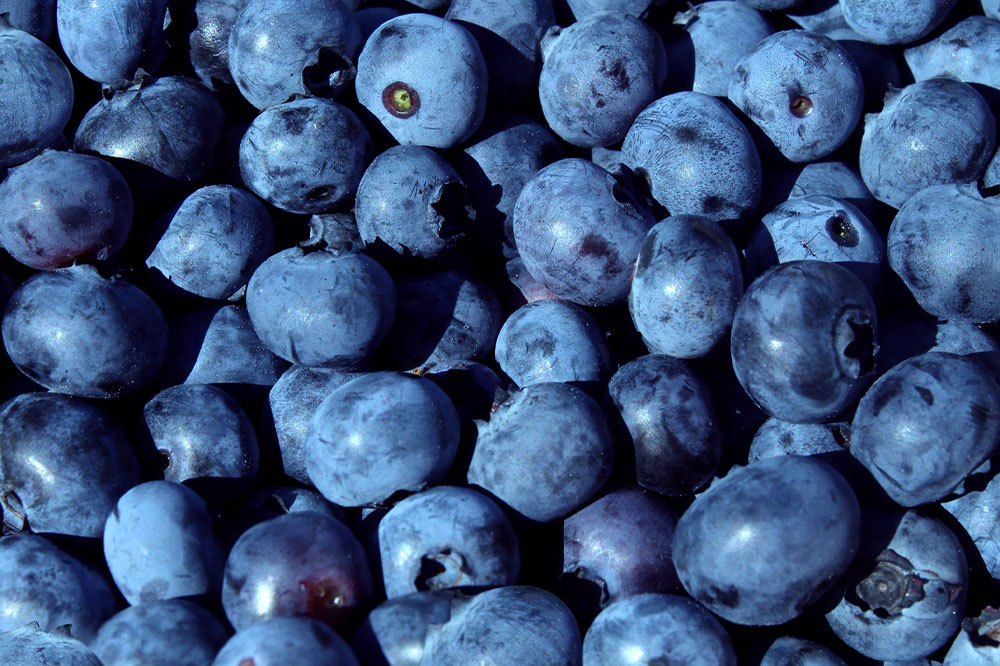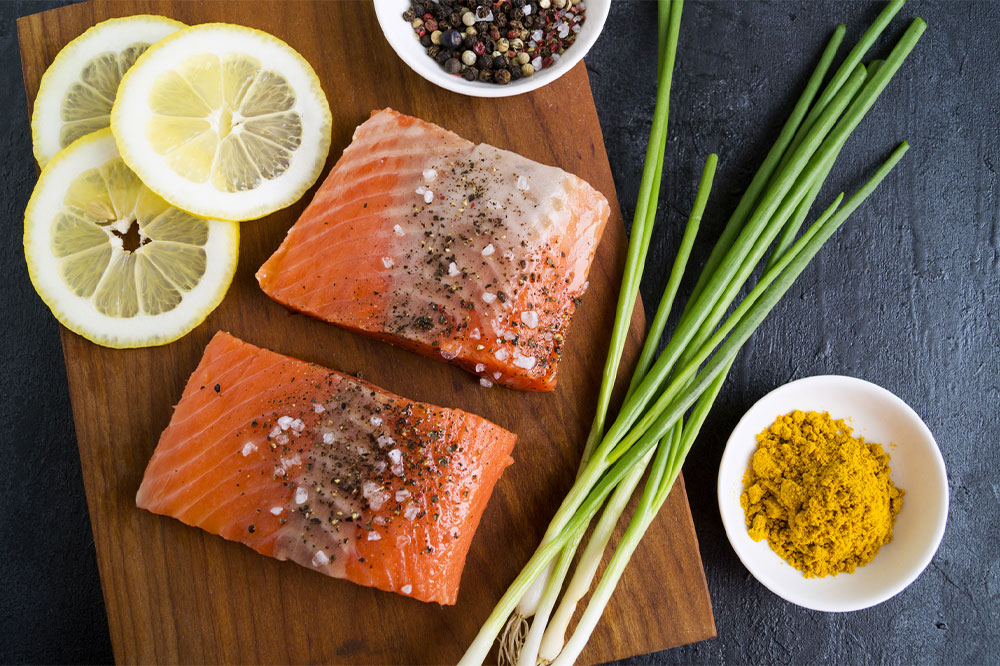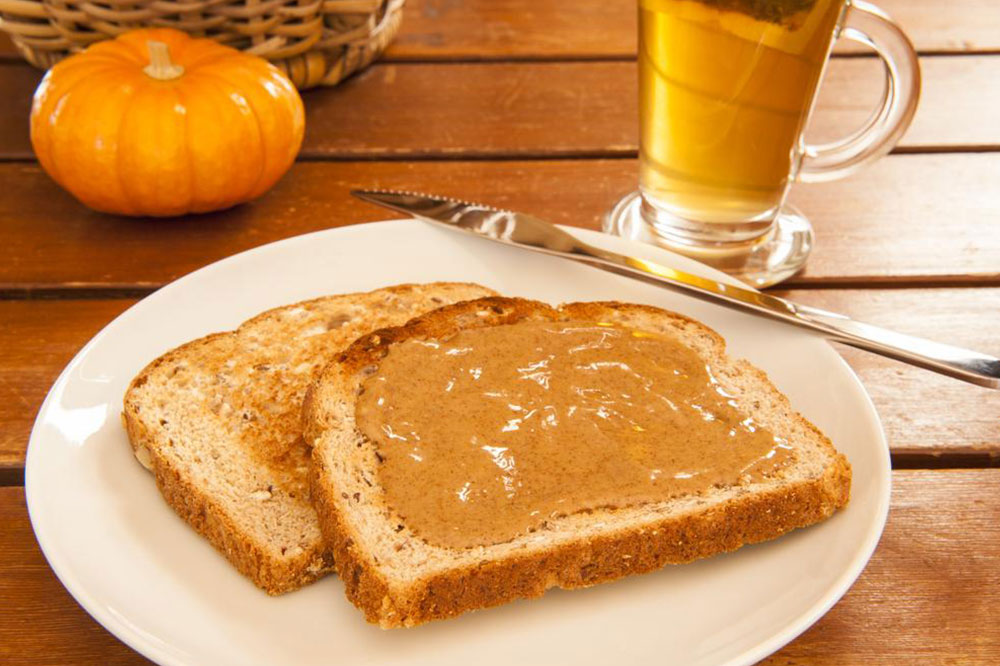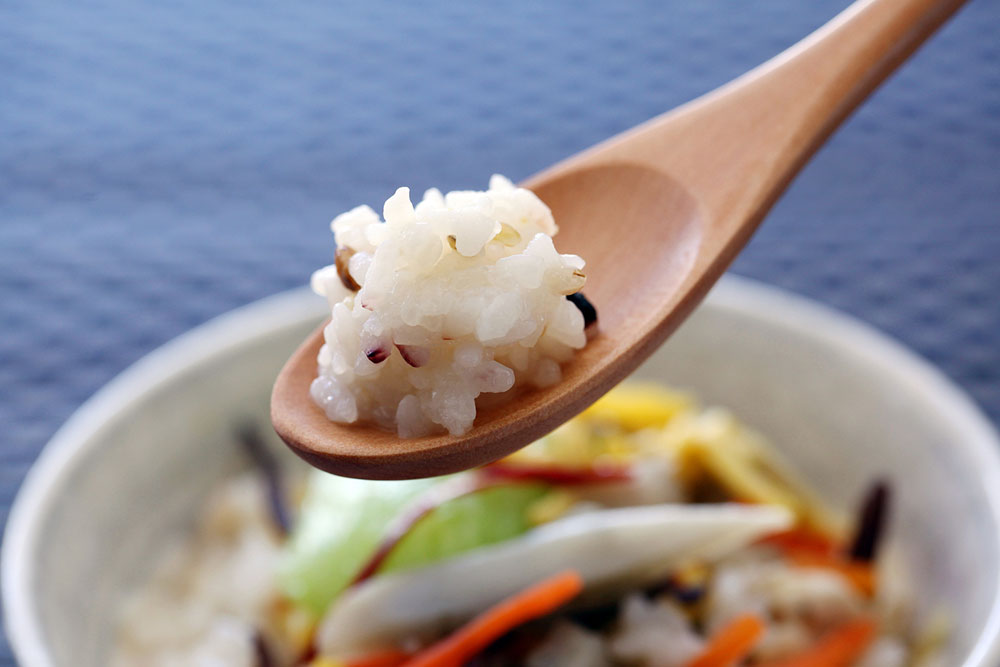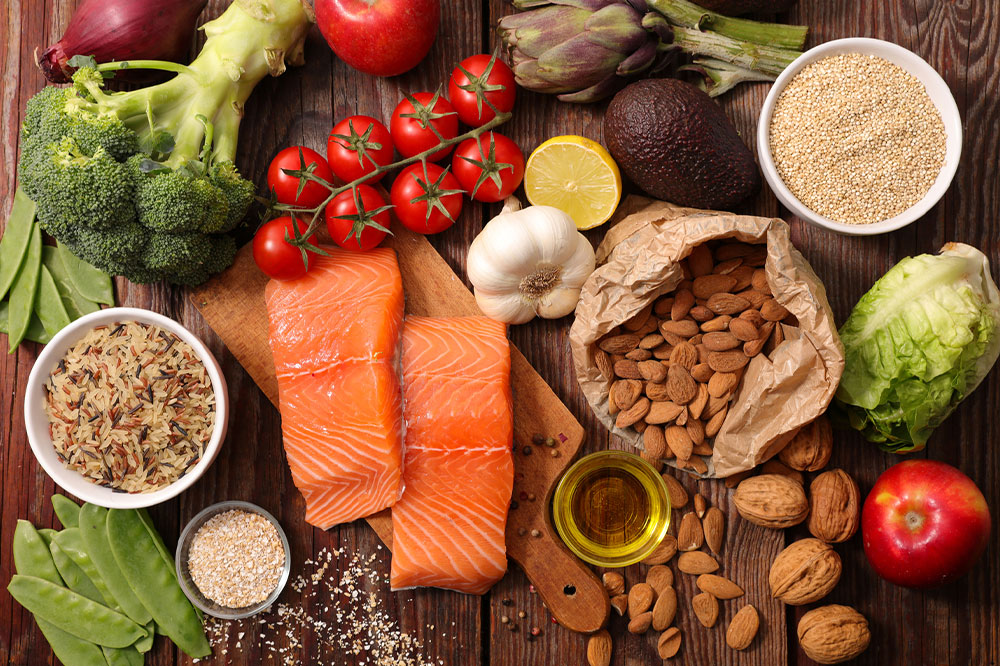Top 5 Nutrients to Support Lung Cancer Management at Home
This article discusses five essential foods that can aid in managing lung cancer symptoms and supporting treatment at home. Highlighting the benefits of green tea, ginger, capers, salmon, and berries, it emphasizes how proper nutrition can complement conventional therapies. Monitoring symptoms and consulting healthcare providers remain vital for effective disease management. Incorporating these nutrient-rich foods into a balanced diet offers a holistic approach to supporting lung health and potentially enhancing treatment outcomes.
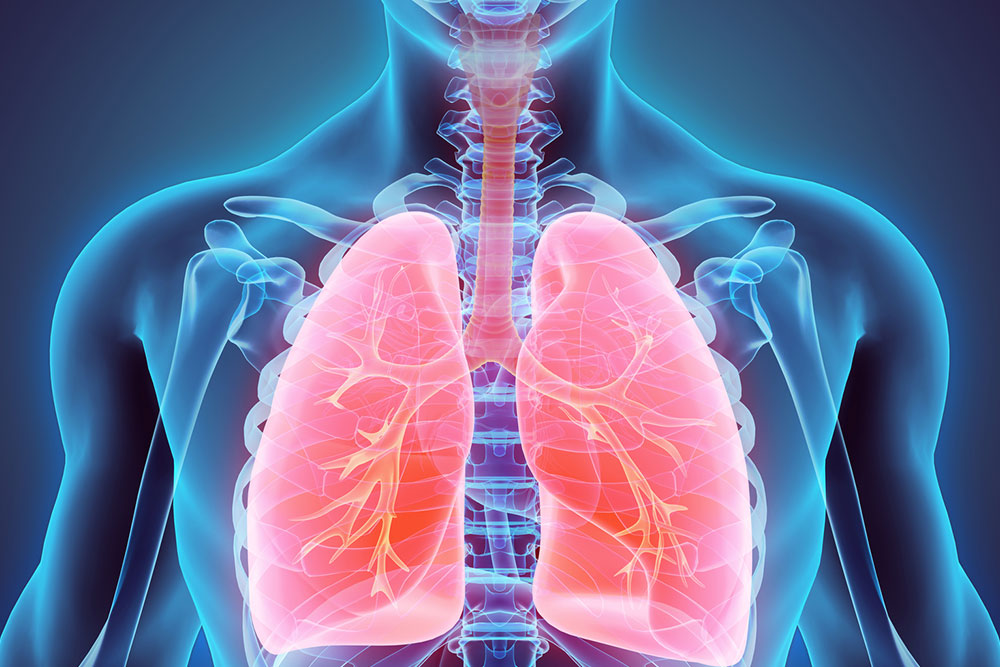
Top 5 Nutrients to Support Lung Cancer Management at Home
Lung cancer remains one of the most deadly cancers worldwide, surpassing deaths from breast, ovarian, and prostate cancers combined. Annually, approximately 220,000 new cases are reported, emphasizing the need for effective treatment strategies. While ongoing research explores advanced therapies, dietary choices can play a supportive role in managing symptoms. Incorporating specific foods into the diet may help strengthen the immune system and potentially hinder disease progression. Combining proper nutrition with medical treatment offers a holistic approach for lung cancer patients.
Key foods that can aid lung cancer recovery include:
Green Tea - Renowned for its cancer-fighting properties, green tea contains the compounds theaflavin and epigallocatechin-3-gallate (EGCG). These substances can enhance the effectiveness of chemotherapy and may even help reduce the risk of developing lung cancer. Freshly brewed green tea is preferred over bottled versions, which often lose active compounds. Adding lemon can boost absorption.
Ginger - This flavorful root harbors 6-shogaol, which prompts the apoptosis (self-destruction) of cancer cells in the lungs. Ginger also diminishes metastasis risks and alleviates inflammation that may cause discomfort during treatment. Its natural anti-inflammatory properties can help reduce pain linked to cancer therapies.
Capers - Native to Mediterranean and Asian regions, capers are rich in quercetin, a potent antioxidant that inhibits the growth of several cancers, including lung cancer. Quercetin disrupts critical signaling pathways necessary for cancer cell multiplication. Other quercetin sources include green and black tea, onions, berries, and apples.
Salmon - A rich source of vitamin D, salmon can help inhibit non-small cell lung cancer (NSLC) cells by targeting EGFR mutations. Vitamin D slows tumor growth, supporting treatment efforts. Divalent intake from low-fat dairy or sunlight exposure also boosts vitamin D levels.
Berries - Raspberries, blueberries, and blackberries contain anthocyanidins like delphinidin, which obstruct EGFR mutations. These compounds induce apoptosis and prevent tumor-induced blood vessel growth, essential for cancer progression. Additionally, they inhibit blood clot formation linked to lung cancer.
Monitoring lung cancer symptoms and consulting healthcare professionals remains crucial. Dietary habits should be tailored to individual needs and allergies to maximize benefits and minimize side effects.


